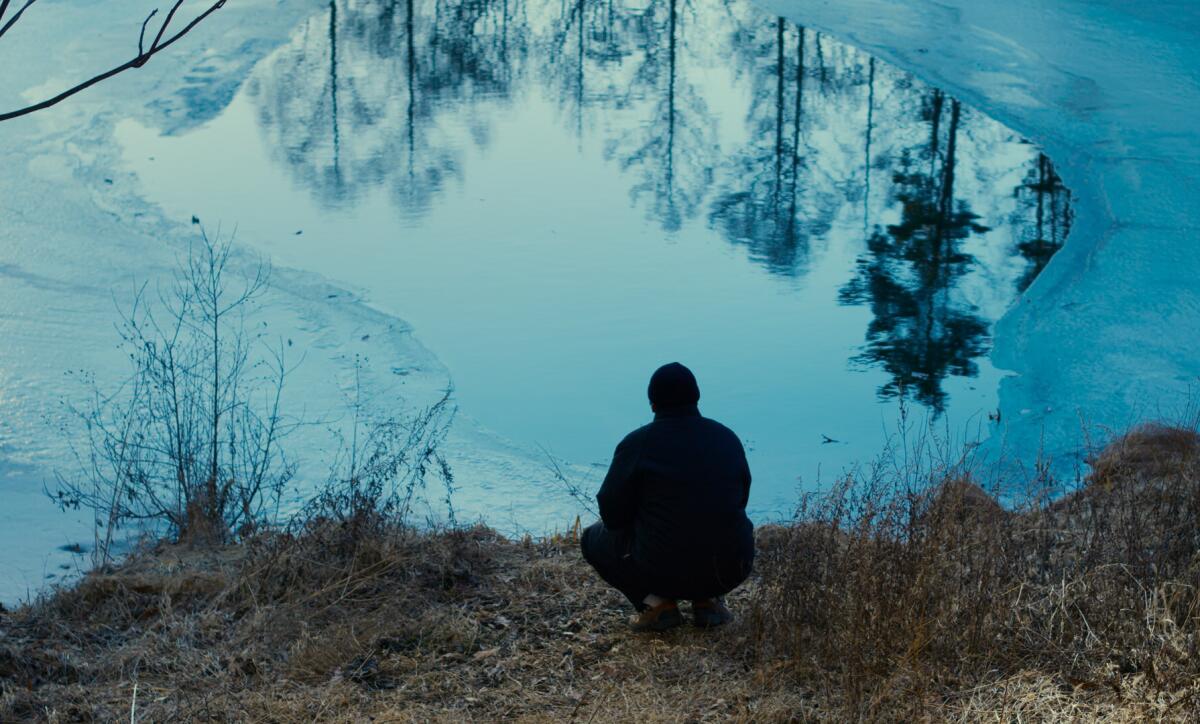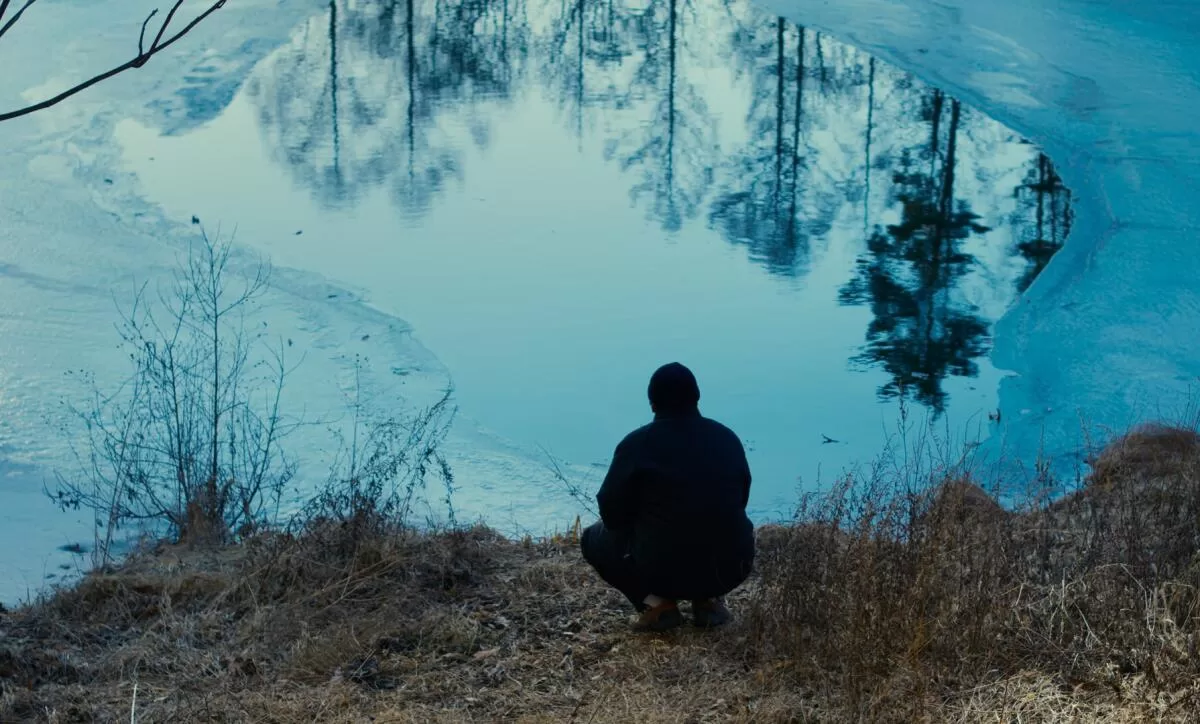And yet to expect such genre mechanics from a patient, gently burrowing storyteller like Hamaguchi is a fool’s errand. Details may abound, but the only certainties here are mysteries, wherever this director takes us. The last journey was the exquisite “Drive My Car,” the Oscar-winning breakout that established Hamaguchi as a master with stories about modern lives and the strange workings of resilient hearts. The situation is nervier, however, with “Evil Does Not Exist,” an equally arresting, meditative follow-up which charts the emerging clash between a tight-knit rural community and a big company with intrusive development plans.
Odd-jobbing single father of few words Takumi (an expressively stoic Hitoshi Omika) leads a simple life with his 8-year-old daughter, Hana (Ryo Nishikawa), who likes to explore nature walking home from school whenever her dad is too busy foraging wild wasabi for his friend’s noodle shop to remember picking her up. Looming over their town, however, is the imminent arrival of a ritzy glamping site for high-end tourists, a potential disruption of not just a way of life but a carefully considered ecosystem.
When a pair of company reps — frontperson Takahashi (Ryuji Kosaka) and soft-spoken colleague Mayuzumi (Ayaka Shibutani) — come for a briefing with the village, every seat is filled. Nobody’s impressed by their everyone-benefits spin, and like a dryly funny town-meeting version of “Columbo,” in which each local resident offers a polite “one more thing” point on matters of pollution, staffing, fire hazards and general respect for the environment, the company is revealed to be completely ill-prepared. Its presenters aren’t even real employees, but talent agents hired by a consulting firm.
It’s a riveting sequence. One of Hamaguchi’s supreme gifts is capturing every tense current of spoken communication in a long verbal exchange, and this one is another master class — like watching James Cameron handle an action scene, only it’s the laying bare of human stakes in a fight between impersonal profiteers and nature-conscious citizens.
The director is also a proven heavyweight with swerves of focus. After the meeting, it’s Takahashi and Mayuzumi we follow back to nearby Tokyo, first seen in an establishing shot almost exaggeratedly unappealing after the crisp countryside beauty in cinematographer Yoshio Kitagawa’s camerawork. In contrast to the warmly interconnected townsfolk we first met, these wage shills, who open up to each other in a long car ride, lead pinched, lonely, unrealized lives.

(Sideshow and Janus Films)
But they want to help, no matter their greedy overseers. And when this pair heads back with an embarrassingly naive notion of how to persuade the reserved Takumi to sign on to the project, our sense of where this next confrontation could lead creates all kinds of unease. It’s a mood exacerbated by every lulling re-emergence of composer Ishibashi’s searching score — which always gets interrupted, as if a plug had been pulled. The effect is never not a surprise. After so fruitful a collaboration on “Drive My Car,” Hamaguchi and Ishibashi may have topped themselves with something even more compelling.
Eventually, as the day lengthens and circumstances and visual cues recall how we were first introduced to this world, a narrative darkening carries us into the final moments of “Evil Does Not Exist.” The ending will probably confound you, but its power lies in what particulars are provided, and how it leaves us wondering about the unstoppable dreams of humans and the ageless realities of nature. It’s as if Hamaguchi wanted to confirm our worst fears, yet reveal the title to be strangely, maddeningly genuine.
‘Evil Does Not Exist’
Not rated
In Japanese with English subtitles
Running time: 1 hour, 46 minutes
Playing: AMC The Grove 14
